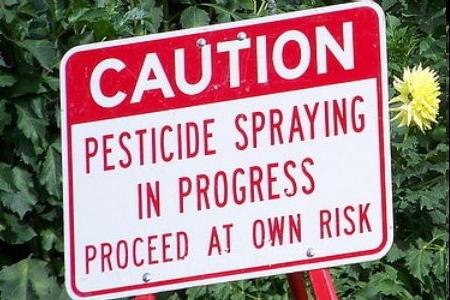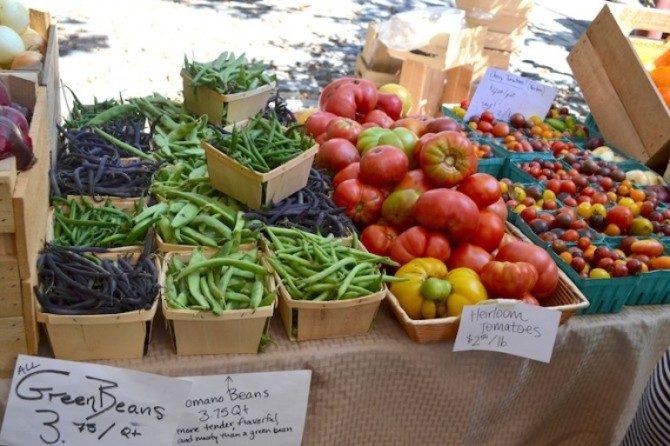As adults with an interest in food, sustainability, and health, buying organic is important. However, as college students with an interest in not letting our bank accounts drop into the single digits, being cost efficient is equally as important. This often leaves us 20-somethings conflicted while shopping.

Photo by Delissa Handoko
Grocery stores like Trader Joe’s and Whole Foods that promote healthy eating and organic living continue to rise in popularity among the millennial generation. While this increase in focus on quality food is important for health-conscious consumers, let’s be real: clean eating costs much more than ramen noodles ever will. Some say that organic foods are 47% more expensive than their non-organic counterparts.
Don’t get me wrong — organic is great, organic is your friend. I am, however, happy to inform you that there are certain non-organic foods worth buying in order to cut costs. In other words, no more losing sleep over the money you spent on happy hour cocktails. Research by the Environmental Working Group identified a “Clean 15” list of produce containing low pesticide loads, making them safer to consume, even when not organic.

Photo courtesy of chemicalpics.com
Onions and asparagus don’t typically attract bugs, probably because of an undesirable taste or smell. As cousins in the food family, these similar properties are not surprising. Luckily, less insects means less pesticide sprayed, resulting in less residue for consumers.
A plant’s skin or shell often protects it from harm. Mango, avocado, pineapple, kiwi, honeydew, grapefruit, papaya, eggplant, and cantaloupe all contain a tough, thick skin that cannot be eaten through by bugs or penetrated by chemicals. The edible inside is safe to consume once peeled.
Similarly, simply removing the shells of sweet peas and husks of corn can get rid of almost anything harmful. Cauliflower and cabbage also contain few pesticides, but the reasoning behind this is unclear. Avocados are the safest among these plants — pesticides were only detected on 1% of those tested.

Photo by Cherie Mak
Swapping out expensive produce for cheaper options may seem ideal the week your rent is due, but don’t let penny pinching blind you from the benefits of eating organic. Pesticides can be detrimental to your health.
For this reason, purchase organically grown strawberries, apples, peaches, celery, and grapes whenever possible. These products contain the highest percentage of pesticide residue. Buying organic also supports healthier plants and animals, soil, and water supply.

Photo by Amanda Shulman
In the long run, using the Clean 15 can help diminish grocery bills at no harm to you. Knowing when to buy the right non-organic items alongside your typical organic purchases is an important skill for those aspiring to be both frugal and sustainable.




